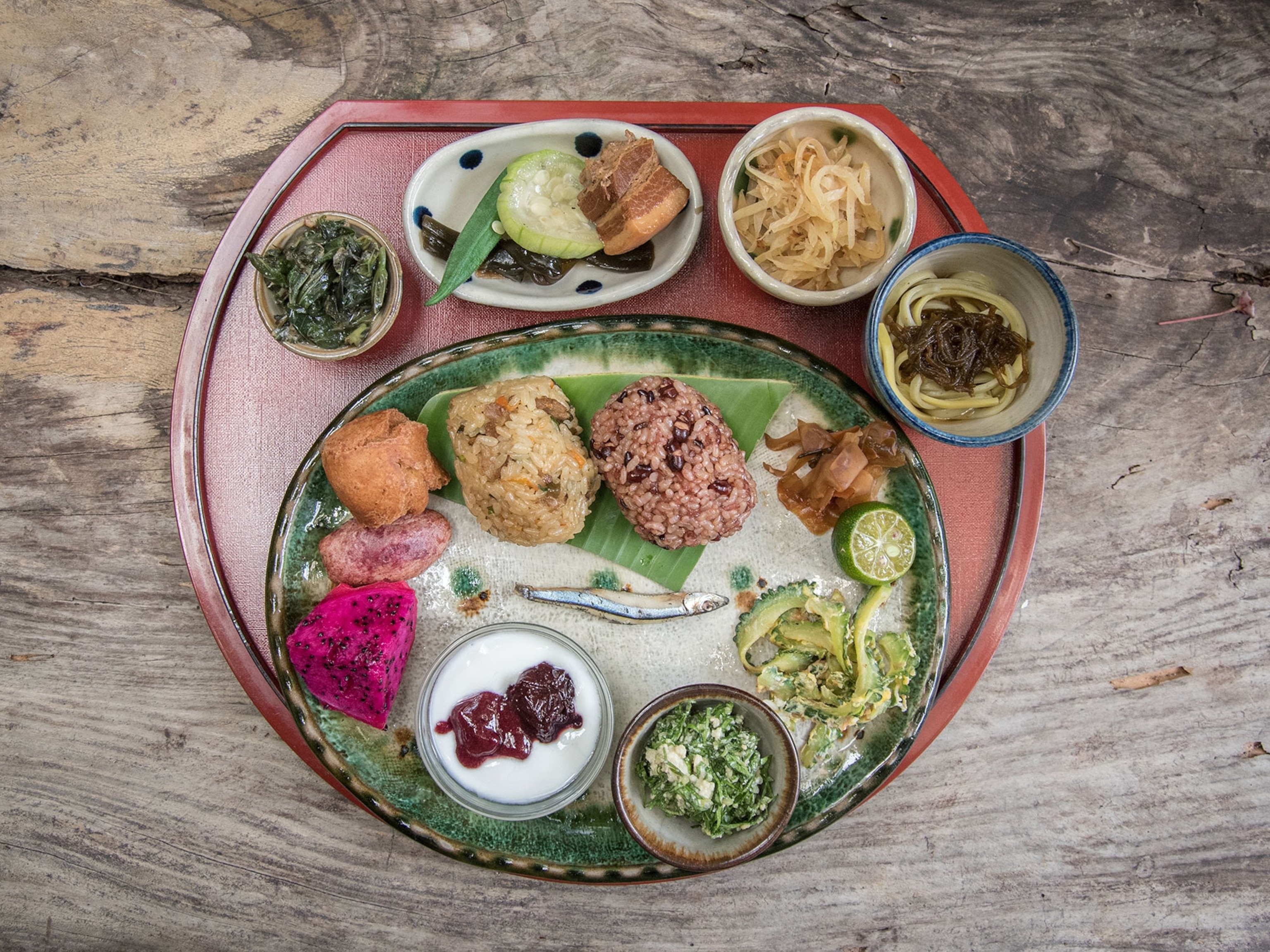
It's not your life span you need to worry about. It's your health span.
Unlocking the secrets for living more years disease-free is increasingly the target for longevity researchers.
We’re living much longer than our ancestors, but is that always a good thing? More of us are also spending a greater portion of our lives—sometimes over a decade—saddled with physical and mental health conditions that can make it challenging to accomplish the tasks of daily life. To make sure we’re getting the most out of our entire lifespan, biologists and longevity researchers are focusing more and more on ways to boost our number of disease-free and active years.
This idea is formally known as health span. Although it first appeared in medical journals more than 30 years ago, the concept has become increasingly mainstream among clinicians and patients alike, and its definition has broadened to stress adding more quality time to our later years, when certain health conditions could severely impede routine activities. Treated hypertension, for example, wouldn’t significantly affect your health span, but a stroke or dementia would, says Harvard Medical School physician-scientist Sharon Inouye, who studies aging issues.
The targets of researchers like Inouye are numerous: understanding the underlying mechanisms of aging, working to identify health-promoting genes, and zeroing in on steps to take in our daily lives to improve health span. But the overall data show a fairly simple conclusion: It is absolutely possible to live healthier even as we live longer.
Just look at the centenarians that researcher Nir Barzilai works with at the Albert Einstein College of Medicine in the Bronx, New York. In academic parlance, his healthy study participants have what’s called compression of morbidity—they’re sick for a very small portion of their lives. “They don’t just live longer; they live much healthier,” says Barzilai. “They got diseases 50 years after their friends and 30 years after their children’s friends.”
Some centenarians thrive through sheer good luck: They were likely born with envy-worthy genetics. But pinpointing which of those genes are linked to age-related disorders could lead to drugs that mimic their effects for people who weren’t as lucky in the genetic lottery.
Barzilai’s research has concentrated on the genes that modulate our “good” cholesterol to help us stay healthier in a variety of ways. His study participants are much more likely to have a specific variant of the cholesterol-controlling CETP gene. Those patients tend to live longer with better brain function, he says. Emulating that gene’s effects is now a target of ongoing research. With such drugs in our arsenal in the future, Barzilai says, humans can and will improve their health span—particularly if they follow current recommendations for modifying diet, exercise, and social interactions.
Overall, the most cutting-edge developments when it comes to health span depend on your perspective, says Inouye, who also directs the Aging Brain Center at the Harvard-affiliated nonprofit Hebrew SeniorLife. “If you talk with a longevity researcher, they will wax eloquent on the latest drugs being studied to enhance longevity—mostly in nonhuman models or animals at this stage,” she says. But to her, the most important work in health span focuses on prevention.
That includes, she says, eating a diet rich in fruits and vegetables and low in carbs, avoiding tobacco and excess alcohol, and keeping mentally active and socially engaged with activities like volunteering and regular aerobic and strength exercise. Recent research published in JAMA Internal Medicine, where Inouye serves as editor in chief, shows that diet, exercise, brain games, and other steps can significantly help preserve brain health.
Barzilai agrees. “Right now, without taking any drugs, we can basically maximize our exercise, our nutrition, our sleep, and our social connectivity,” he says. “Those are the four things that anybody who wants to can do.”
Good sleep is essential, even if it’s something you need to continually work on, advises longevity researcher Matt Kaeberlein of the University of Washington and CEO of Seattle-based Optispan, a biotech company that specializes in identifying health span improvements. Getting less than seven hours a night as an adult increases the risk of developing numerous disorders, including type 2 diabetes, high blood pressure, heart disease, poor mental health, and even early death, according to the U.S. Centers for Disease Control and Prevention.
The broad strokes of a healthy diet are well-documented, but different strategies work for different people, Kaeberlein adds. Whether it’s a Mediterranean diet, which is high in fruits, veggies, and whole grains, or approaches such as intermittent fasting or a low-carb, high-fat ketogenic diet, he says, there should always be a focus on what feels right for you.
Kaeberlein argues that a lot of progress in health span could be made by better monitoring of baseline health data such as vitamin, hormone, and blood sugar levels. Asking your doctors to measure those indicators in your 30s or 40s could inform what actions to take later in life and let you know if urgent interventions are needed, though Kaeberlein notes that often such testing isn’t covered by health insurance in the United States.
At the same time, simply popping a daily multivitamin to stave off or address unknown vitamin deficiencies is not a good idea, he cautions, since it doesn’t allow people to know if they truly have deficiencies—and if they do, multivitamins may not have the appropriate level of supplements to treat an individual’s specific need.
The key pillar of connecting with other people to expand your health span sounds easy, but it’s something many tend to neglect. This can cause issues over time because people’s friend circles naturally tend to shrink as they age. Even if you routinely interact with at least one person you live with, like a spouse, other social relationships and experiences remain important in old age because they can offset loneliness and keep you mentally sharp.
For some, that may still require working on yourself first. If you struggle with interpersonal relationships, Kaeberlein says, you can focus on inner peace and wellness, such as meditation and mindfulness practices. But you should still try to make friends, because the benefits often compound in other healthy ways once you get started.
Joining a group focused on an activity you already enjoy—walking, for instance—can make you healthier, according to the National Institute on Aging. Unsurprisingly, the benefits are myriad for mental and physical health, and may include lowering risk of dementia, heart disease, and stroke.
Being out in the world, even if it’s just walking a dog, has also been shown to provide exercise and boost your overall happiness. Helping in the community, tutoring, or other meaningful pursuits that keep our brains active and involve social interactions can be personally fulfilling, and they’re linked to improved memory and reduced stress.
It turns out that the secret to living a long, healthy life is also the secret to living a good one.
A version of this story appears in the February 2025 issue of National Geographic magazine.







